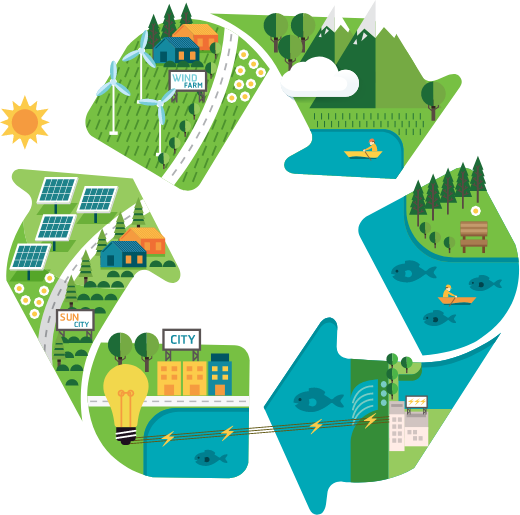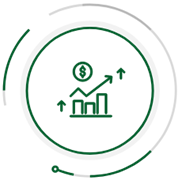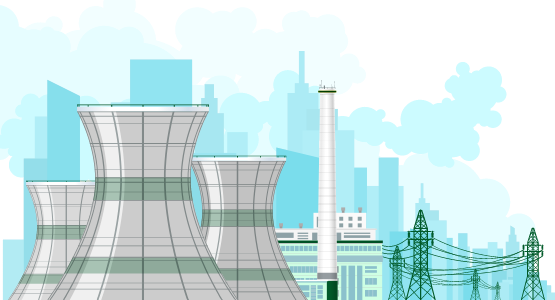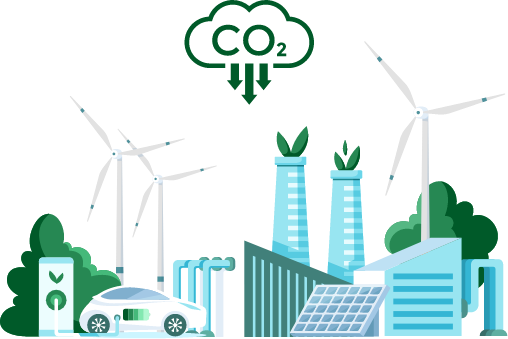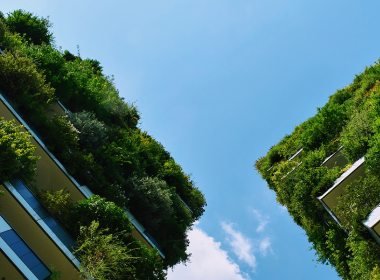Maintaining Resource Efficiency
Southeast Asia is blessed with an abundance of natural resources. However, ensuring that they can be enjoyed by future generations has been a pertinent challenge in the region, due to the region experiencing rapid urbanisation, increased industrialisation and fast-growing populations.
Hence, safeguarding resource efficiency is another core pillar of the Hitachi Environmental Innovation 2050 plan, whereby we are committed to achieving a 50 percent improvement in water usage efficiencyii. To date, our efforts have included resolving water issues around the region, such as implementing a water leakage management system in Singapore and improving water infrastructures in the Philippines.
Improving clean water security is just one part of our resource efficiency initiatives, as we are also helping the region transition towards a more circular economy through recycling. This includes Hitachi’s work in Indonesia, where we will be operating a factory to for parts recycling in Jakarta so used industrial components can be remanufactured and sold.
50%
Improvement in use
of water/resources
Encourage recycling
for a circular economy
